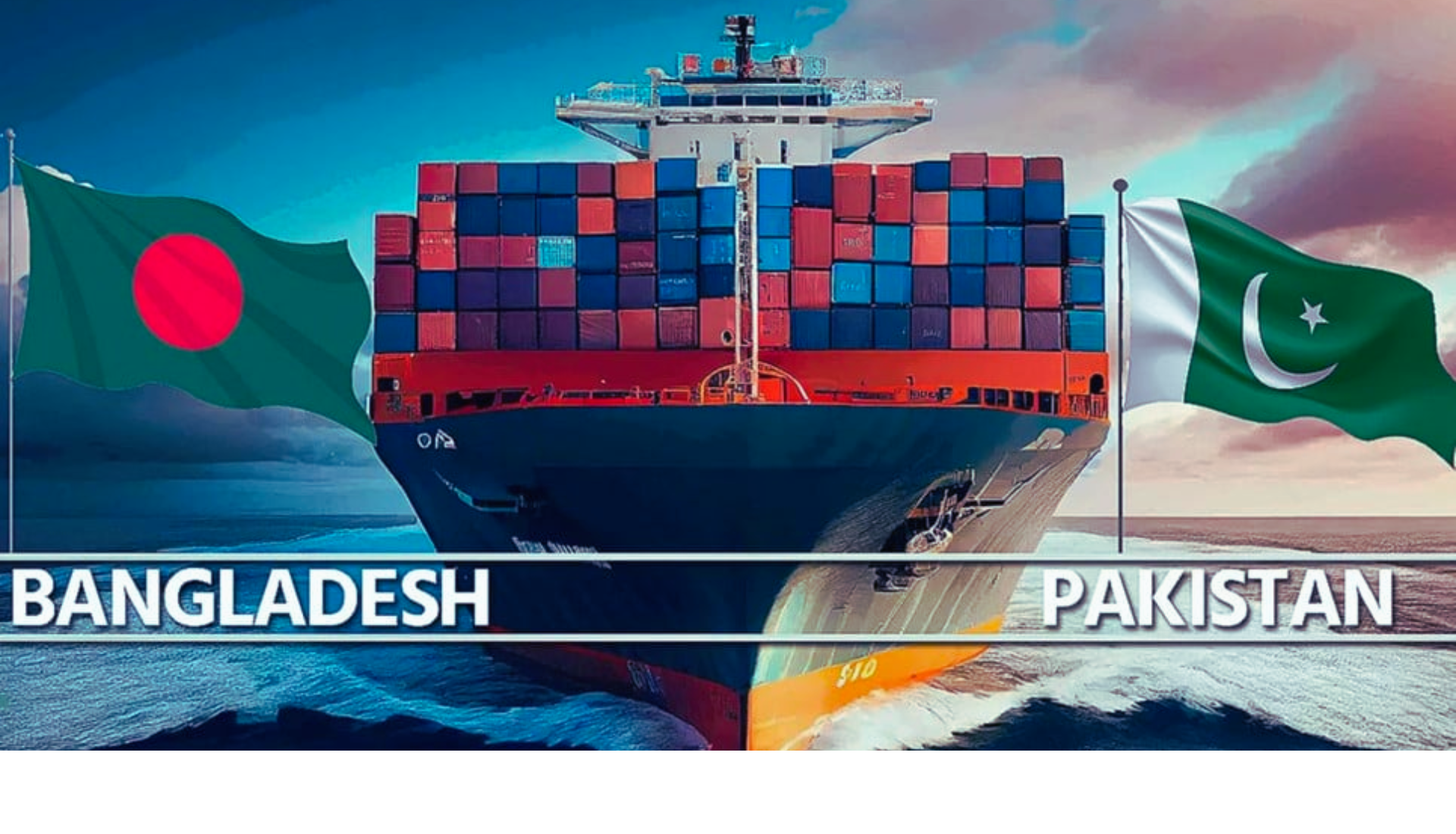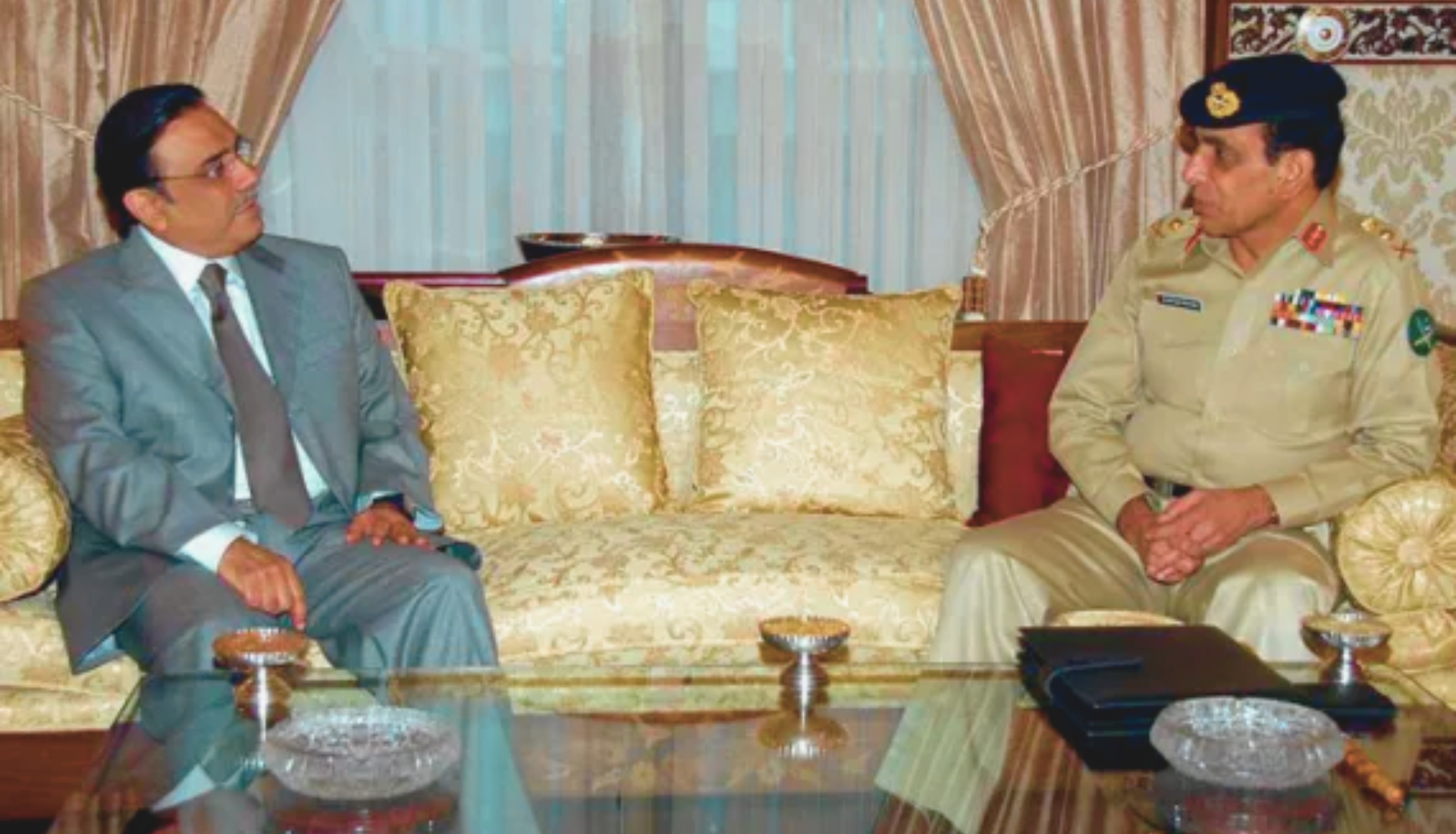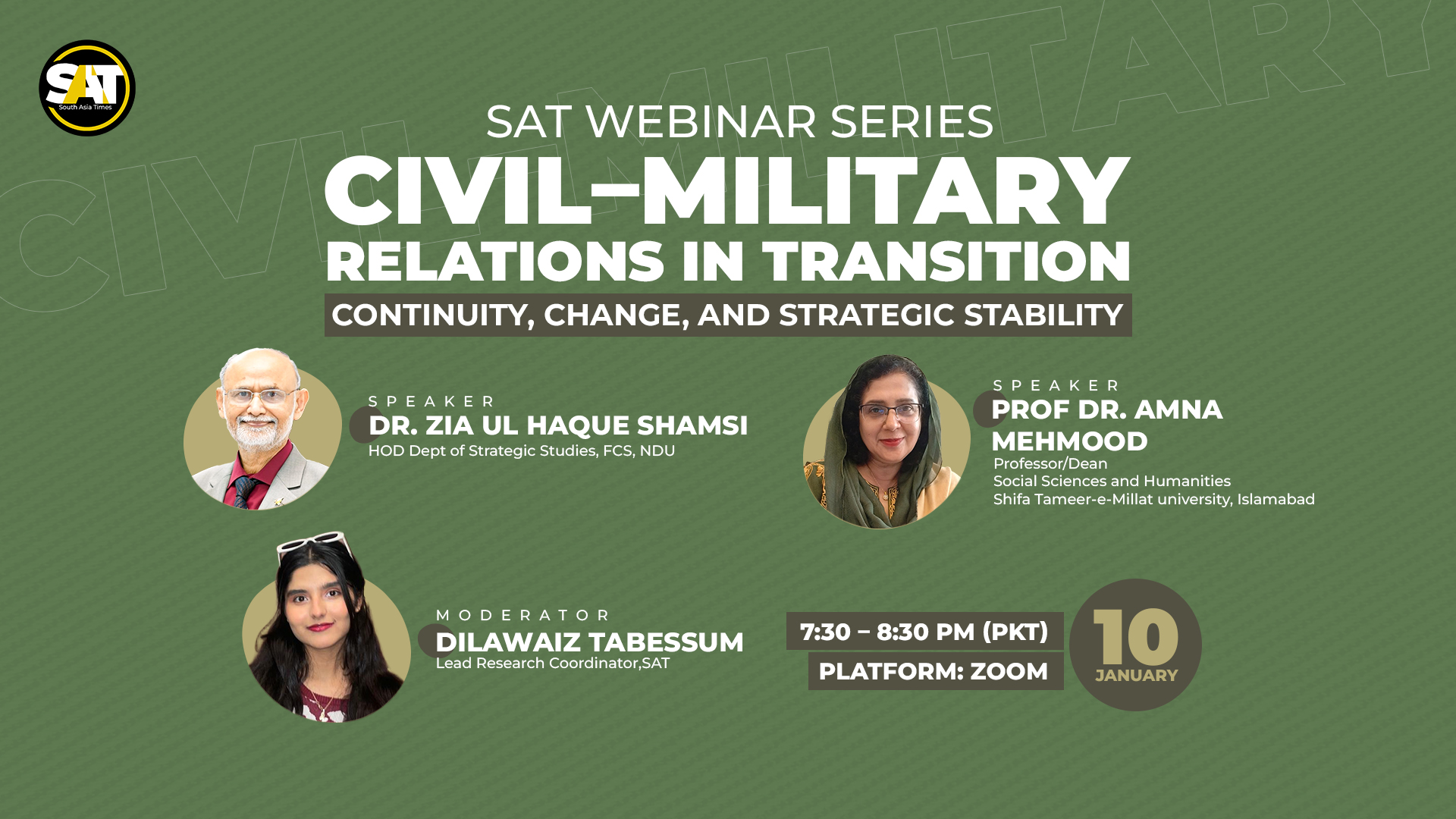India is currently going through the most devastating phase of COVID any country has seen around the world. The country has witnessed cases of over 20 million and deaths well over a 226,000 mark. Meanwhile, several states continue to take precautionary measure to curb the spreading of the disease and ensure the distribution of vaccines.
Crisis in Kashmir
One of those states is the curfew-laden Indian Occupied Jammu and Kashmir. In April alone, Jammu and Kashmir saw over 45,000 cases and 300 casualties. Since the beginning of the pandemic, Indian Occupied Kashmir has seen over 187,000 cases in total. Alongside this, it has faced 2,400 deaths in total. The situation, however, still doesn’t seem to be getting any better. The average cases reported last week on a daily basis were over 3000.
To counter this crisis, a five-member committee has been formed under the leadership of the Chief Secretary. Lieutenant Governor of Kashmir, Manoj Sinha, has also joined to offer his assistance to the committee.
Srinagar and three other cities in Union Territory are under lockdown as COVID cases continue to surge. The city only has a total of 940 isolation beds. Whereas, only 82 ICU beds are available. This depicts a grave and dangerous situation in Kashmir.
The Fascism of Modi
Keeping this in view, a responsible state will always take measures to safeguard its citizen. However, the brutal regime of Modi played a much evil card in this scenario. According to a senior official in the Himalayan region, who oversees the vaccination, informed that the vaccines have stopped flowing into the region. The vaccination centres have been closed down due to an inadequate supply of vaccines. The vaccines have stopped coming in the region since last week.
He also reports that despite the fact that numerous calls and letters have been sent to the authorities, no supply has been sent nor any report regarding the supplies has been received. These brutal measures and actions of the government only add to the list of injustices the Modi government has inflicted on Kashmiris since 2019.
This action clearly violates the rights of Kashmiri citizen’s access to health. In this case, the government of India is clearly the impediment that has blocked the supply of much-needed COVID vaccines. For such situations, the UN Human Rights Declaration (1948) had declared health as a fundamental right. The WHO constitution also envisages “the highest attainable standard of health as a fundamental right of every human being”.
Devastating Future
According to a report, Kashmir initially had a 90% recovery rate but now it has dropped to a near 80%. Analysts predict that the average cases per day can cross the mark of 5000. That is if the current conditions continue to prevail.
Seeing all this devastation and brutality in Kashmir, it is hard to imagine why the people of Kashmir will not fight for their integrity and freedom. Question is, how long will the government keep things like this in Kashmir?






